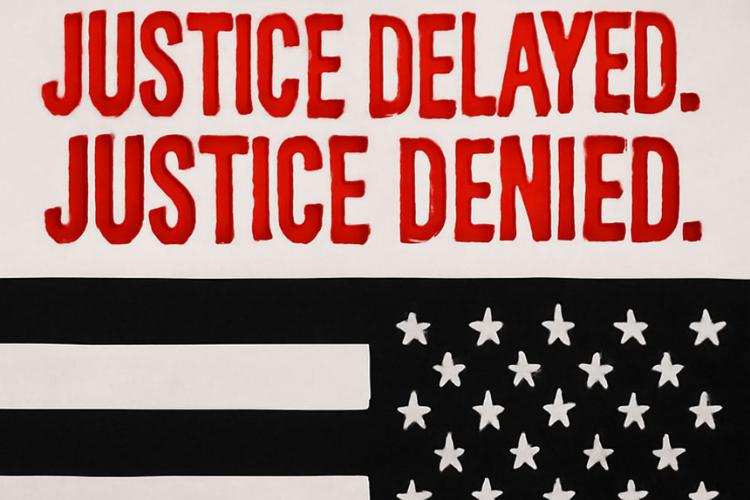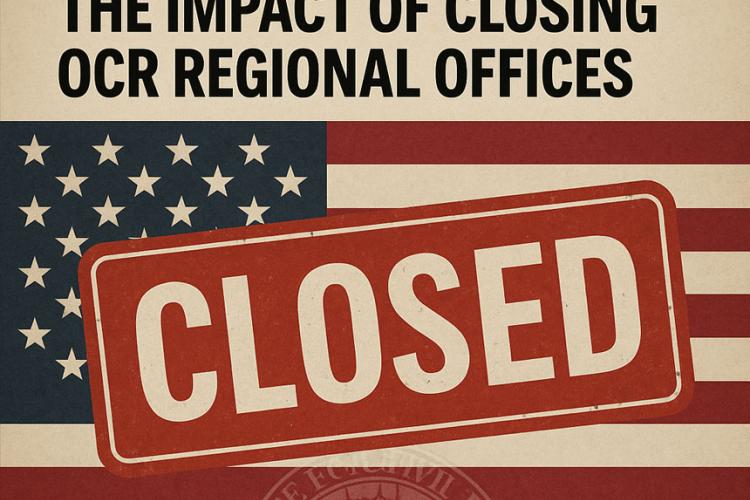The closure of several regional offices of the Department of Education’s Office for Civil Rights (OCR) under the current administration exposed deep vulnerabilities in how educational civil rights are enforced. With fewer offices, slower investigations, and limited access for rural and underserved communities, it became clear that the OCR, even before the closures, struggled with longstanding inefficiencies. These gaps have left countless students without timely protection against discrimination based on race, gender, disability, and other protected statuses.
26 April 2025
The closure of several regional offices of the Department of Education's Office for Civil Rights (OCR) was presented by the currrent administration as a move toward greater efficiency. Citing long-standing problems like bureaucratic delays, case backlogs, and internal inefficiencies, the administration argued that consolidating operations would create a leaner, faster, and more focused agency to address the most serious civil rights violations in education.
Recent Posts
Tags
Sign Up for Newsletter
Stay inspired and make a difference—subscribe to our newsletter to get impactful stories, volunteer opportunities, and ways to support our mission delivered right to your inbox.







